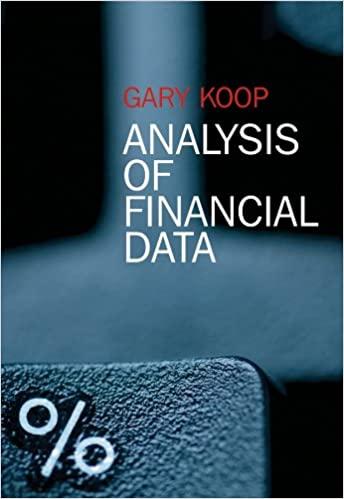The Campbell Company is considering adding a robotic paint sprayer to its production line. The sprayer's base price is $870,000, and it would cost another $16,500 to install it. The machine falls into the MACRS 3 -year class, and it would be sold after 3 years for $590,000. The MACRS rates for the first three years are 0.3333,0.4445, and 0.1481 . The machine would require an increase in net working capital (inventory) of $14,500. The sprayer would not change revenues, but it is expected to save the firm \$396) 000 per year in before-tax operating costs, mainly labor. Campbell's marginal tax rate is 25%. (Ignore the half-year convention for the straight-line method.) Cash outflows, if any, should be indicated by a minus sign. Do not round intermediate calculations. Round your answers to the nearest dollar. a. What is the Year-0 net cash flow? $ b. What are the project recurring cash flows in Years 1, 2, and 3? Year 1: $ Year 2: $ Year 3: $ c. What is the additional Year-3 cash flow (i.e, the after-tax salvage and the return of working capital)? $ d. If the project's cost of capital is 12%, what is the NPV of the project? $ The Campbell Company is considering adding a robotic paint sprayer to its production line. The sprayer's base price is $870,000, and it would cost another $16,500 to install it. The machine falls into the MACRS 3 -year class, and it would be sold after 3 years for $590,000. The MACRS rates for the first three years are 0.3333,0.4445, and 0.1481 . The machine would require an increase in net working capital (inventory) of $14,500. The sprayer would not change revenues, but it is expected to save the firm \$396) 000 per year in before-tax operating costs, mainly labor. Campbell's marginal tax rate is 25%. (Ignore the half-year convention for the straight-line method.) Cash outflows, if any, should be indicated by a minus sign. Do not round intermediate calculations. Round your answers to the nearest dollar. a. What is the Year-0 net cash flow? $ b. What are the project recurring cash flows in Years 1, 2, and 3? Year 1: $ Year 2: $ Year 3: $ c. What is the additional Year-3 cash flow (i.e, the after-tax salvage and the return of working capital)? $ d. If the project's cost of capital is 12%, what is the NPV of the project? $








